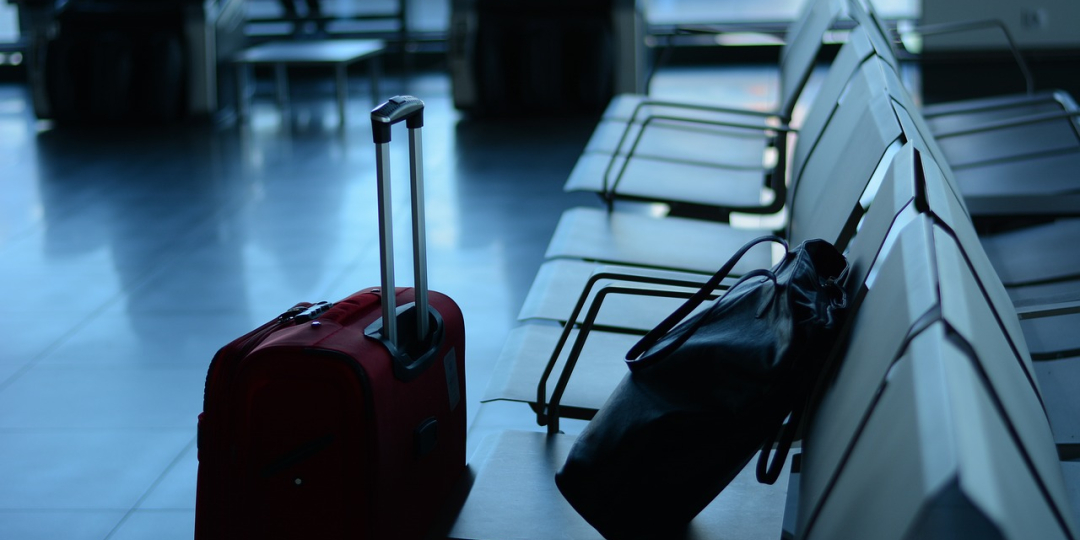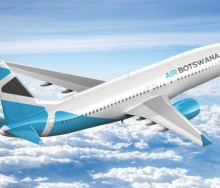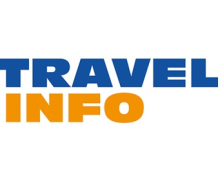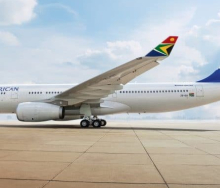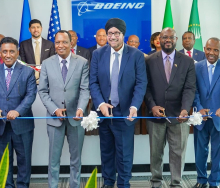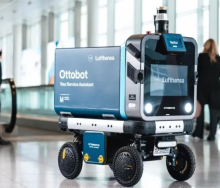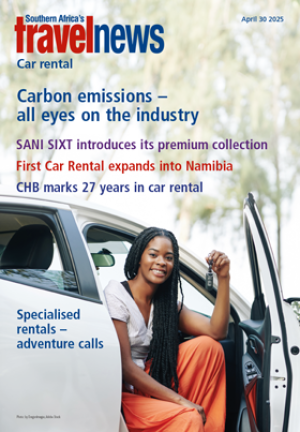A lot has changed in corporate travel since the pandemic.
Business travel budgets have shrunk, online meetings have found their place in the sun, and corporate travellers’ expectations of how they should be treated by their company as they travel may have all shifted since COVID.
But so have travel managers’ attitudes towards those corporate travellers, and the two shifts are not always in the same direction.
Travel industry online publication, Skift, has published the results of a survey by Uber for Business and the Global Business Travel Association (GBTA), revealing how much, or how little alignment there is between what business travellers want and what travel managers inside corporates think they should have.
Recovery
The rate of recovery of business travel depended on the industry in which each corporate’s business lay, said Michelle Lisowski, Senior Director of Global Partnerships at Uber for Business.
“For example, those in consulting who need to meet clients find business travel essential. Others, specifically in tech, were not quite back to pre-pandemic levels.”
Lisowski said Uber for Business had seen a 40% increase in bookings on its platform in the first quarter from a year earlier.
Business travel essential
The report revealed that 87% of US business travellers surveyed believed travel was essential or helpful in achieving business goals.
Almost half of the respondents said they had added more leisure time to their business trips in the past year.
The research, however, revealed a disconnect when it came to travel managers needing to balance costs, employee compliance, and the shift to greener travel policies.
Suzanne Neufang, GBTA CEO, said the report revealed the opportunities to improve communication on travel policies and cost-saving measures to achieve a financially responsible business travel programme.
1.Cost of business travel
Travel managers appear to prioritise cost-savings and compliance ahead of the traveller’s experience. The report notes that if there were a recession, 47% of US travel managers said the company would expect employees to travel “slightly” less often and to spend “slightly” less. But only 39% of business travellers preferred that approach.
Of the business travellers surveyed, 18% said their company would expect them to travel for the same amount of time but spend less money. Yet, only 5% of the travel managers owned up to considering this tactic.
2.Employee perks
The top two perks most desired by business travellers were the company providing premium experiences during travel (45% prioritised this) and the company giving extra time off for frequent travel (42% prioritised this).
By contrast, the travel managers’ top two perks which they thought important for travellers were to permit late-start days to alleviate jet-lag (74%) and allowing employees to book products where they could earn loyalty points (68%) – this latter perk was placed third in the survey of business travellers.
Employees identified personal challenges when travelling for work – 21% voted for reimbursement for family or pet care. The expectation of being reimbursed for such care is considered a legitimate request by some business travellers. But only 12% of travel managers thought this a priority.
Travel managers surveyed appeared to be more willing to consider stress-relieving perks for employees, such as late-start days and the earning of personal loyalty points.
Concerning employee perks, it’s vital for the company to ensure all team members understand guidelines and benefits, according to Lisowski. “Employees cannot take advantage of their perks or follow the policies if they don’t know what they are,” said Lisowski.
3.Sustainability – for real?
Sustainability appears to be a concern for 61% of business travellers. Yet, half of US travel managers said sustainability was a “small priority, if even a priority at all”.
“A financially responsible business travel programme must integrate travel managers into corporate goals, sustainability-focused policies and initiatives,” said Neufang.
Lisowski observed that there was a disconnect between people saying they cared about sustainability and them having targets and ways to action it.
“Research suggests that company executives prioritise sustainability. But when you get down to the travel manager, actually making this a number-one priority, it’s falling off the list, with their focus on costs and compliance,” she said.
The survey used data collected through two separate online surveys of US and Canadian travel managers and business travellers, May-June 2023, with 147 travel managers and 411 business travellers completing each survey, respectively.
